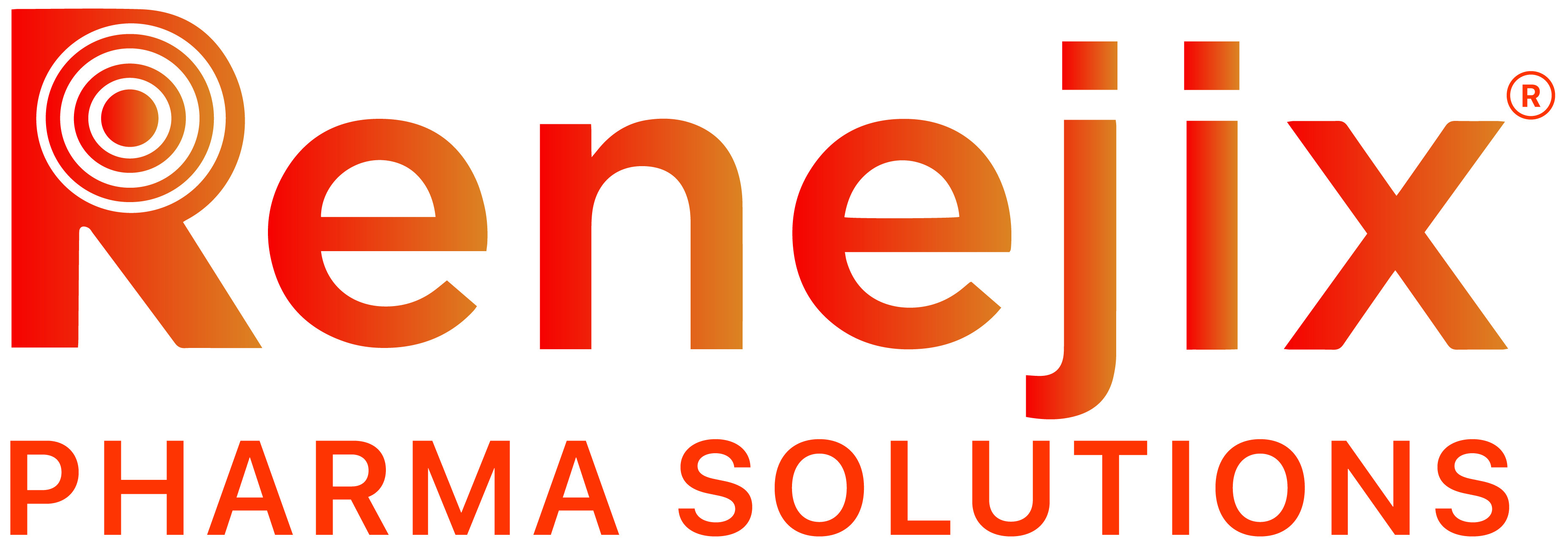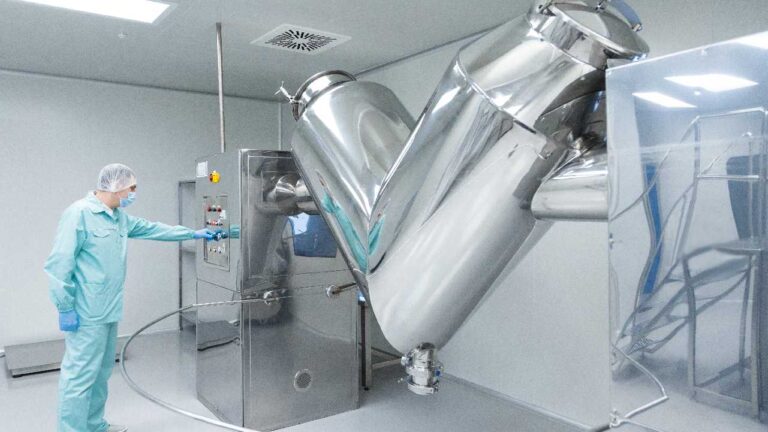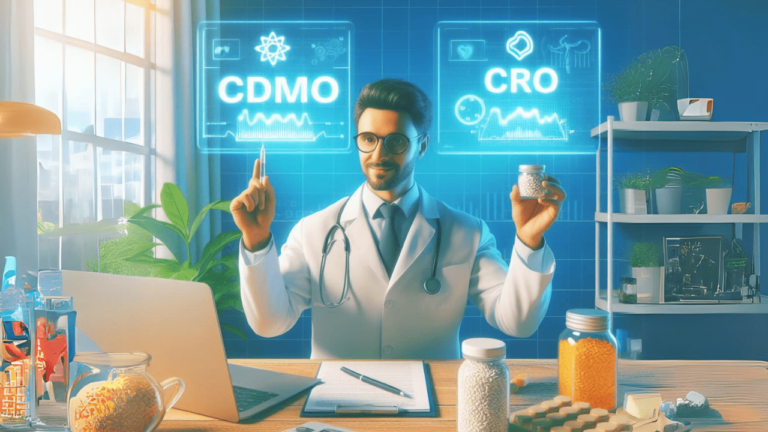
Orphan drugs are vital for treating rare diseases that affect a small percentage of the population. However, developing these drugs poses significant challenges due to limited patient populations, high costs, and complex regulatory requirements. Contract Development and Manufacturing Organizations play an important role in accelerating the development and commercialization of orphan drugs.
By providing specialized expertise, scalable manufacturing capabilities, and regulatory support, CDMOs help pharmaceutical companies navigate the intricacies of orphan drug development. In this article, we will explore the vital role of CDMOs in this niche but essential sector of the pharmaceutical industry, highlighting their impact on advancing treatments for rare diseases and improving patient outcomes.
Why are Orphan Drugs Important?
According to the FDA, “an orphan drug is a drug that treats a condition that affects fewer than 200,000 people in the United States.”
Orphan drugs are important for addressing rare diseases, which collectively affect millions of people worldwide. Despite each disease impacting a small population, the aggregate number of individuals suffering from rare conditions is significant.
Orphan drugs offer hope and life-saving treatments to patients with limited options, often targeting diseases that are neglected by larger pharmaceutical companies due to lower profitability. By providing targeted therapies for these underserved populations, orphan drugs fulfill a critical unmet medical need, improving health outcomes and quality of life for patients with rare diseases.
Moreover, the development of orphan drugs often leads to advancements in medical research and understanding of complex biological mechanisms, contributing to broader scientific and therapeutic progress. The importance of orphan drugs lies not only in their ability to treat rare diseases but also in their role in driving innovation and equity in healthcare.
The Growing Importance of CDMOs in Orphan Drug Development
The importance of Contract Development and Manufacturing Organizations in orphan drug development has grown significantly in recent years. As the pharmaceutical industry increasingly focuses on rare diseases, CDMOs have become pivotal partners for companies seeking to bring orphan drugs to market.
CDMOs specialized expertise in formulation development, clinical trial manufacturing, and regulatory compliance is particularly valuable for navigating the complexities of orphan drug development. CDMOs offer scalable and flexible manufacturing solutions, which are essential for the small batch sizes typically required for orphan drugs.
The global Orphan Drugs CDMO market is anticipated to experience a double-digit growth rate by 2027, driven by a heightened focus on rare diseases and favourable government incentives like tax benefits, fee waivers, and extended marketing exclusivity for orphan drugs.
This flexibility allows for cost-effective production and swift adaptation to changing demand as clinical trials progress and as drugs move towards commercialization. Furthermore, CDMOs provide integrated services, from drug discovery to commercial manufacturing, streamlining the development process and reducing time to market.
Their experience with a diverse range of drug modalities, including biologics and advanced therapies, is important for the development of innovative treatments for rare diseases. As a result, pharmaceutical companies are increasingly relying on CDMOs to leverage their specialized capabilities and infrastructure, making CDMOs indispensable in the quest to bring new orphan drugs to patients in need.
Challenges in Orphan Drug Development and the CDMO Solution
Orphan drug development faces unique challenges that Contract Development and Manufacturing Organizations are well-equipped to address:
Limited Patient Populations and Recruitment Challenges:
Orphan drugs target rare diseases with small patient populations, making patient recruitment for clinical trials a significant challenge. This limited pool can lead to prolonged timelines and increased costs.
CDMO Solution: CDMOs with experience in orphan drug development can provide strategic guidance on clinical trial design and patient recruitment. They often have established networks and partnerships that can facilitate access to specialized patient groups and rare disease communities, helping to streamline the recruitment process.
High Costs and Financial Risks:
The development of orphan drugs is associated with high costs and financial risks, especially considering the small market size. The return on investment can be uncertain, deterring some companies from pursuing orphan drug development. In 2019, the average annual cost of treating an orphan disease per patient was $32,000, with treatment costs ranging from $6,000 to $500,000 per year.
CDMO Solution: CDMOs offer flexible and scalable manufacturing solutions, which are important for managing costs in orphan drug development. By providing services tailored to the specific needs of each project, such as small-scale production and adaptable manufacturing processes, CDMOs can help minimize financial risks and optimize resource allocation.
Complex Regulatory Requirements:
Orphan drug development is subject to stringent regulatory requirements, which can vary significantly across different regions. Navigating these regulations and ensuring compliance can be daunting for pharmaceutical companies.
CDMO Solution: CDMOs with global experience have in-depth knowledge of regulatory landscapes and can offer comprehensive support in regulatory affairs. They assist in preparing regulatory submissions, liaising with regulatory agencies, and ensuring that all aspects of drug development comply with the necessary standards. Their expertise can expedite the approval process and reduce the likelihood of regulatory setbacks.
Specialized Expertise and Technologies:
Orphan drugs often involve complex formulations and innovative technologies. Access to specialized expertise and advanced technologies is important for successful development.
CDMO Solution: CDMOs specializing in orphan drugs possess the necessary expertise and state-of-the-art technologies to handle complex formulations and drug delivery systems. They can provide innovative solutions for challenges such as solubility, stability, and bioavailability, ensuring the development of effective and safe orphan drugs.
The Impact of CDMOs on Accelerating Orphan Drug Development
The impact of Contract Development and Manufacturing Organizations on accelerating orphan drug development is profound and multifaceted:
Speeding Up the Drug Development Process:
The FDA approved 32 orphan-designated drugs and biological products in 2020, marking progress in orphan drug research. CDMOs streamline the development of orphan drugs by offering integrated services, from early-stage research to commercial manufacturing. Their expertise in formulation development, analytical testing, and clinical trial manufacturing allows for a more efficient transition between development phases, reducing time to market.
By leveraging their established processes and infrastructure, CDMOs can quickly adapt to the specific requirements of orphan drug projects, enabling faster progression through the development pipeline.
Enhancing Quality and Safety:
CDMOs are committed to maintaining high-quality standards and ensuring the safety of orphan drugs. They employ advanced technologies and rigorous quality control measures throughout the development and manufacturing processes.
Their expertise in regulatory compliance further ensures that orphan drugs meet the stringent requirements of health authorities, reducing the risk of delays or issues during the approval process.
Facilitating Access to Global Markets:
CDMOs with a global presence can provide valuable support in navigating the regulatory landscape of different regions. They assist in preparing dossiers for regulatory submissions and ensure that manufacturing practices comply with international standards.
This global expertise is important for orphan drug developers looking to expand their reach and make their treatments available to patients worldwide.
Enabling Cost-Effective Development:
CDMOs offer flexible and scalable manufacturing solutions that are particularly beneficial for orphan drugs, which often require smaller production volumes. The CDMO industry is becoming more cost-effective, efficient, and patient-focused, while still maintaining quality and compliance standards.
The global CMO/CDMO market is expected to reach $39.4 billion by 2033, with a CAGR of 5.7% from 2023 to 2033. By providing tailored services and optimizing manufacturing processes, CDMOs help manage costs and reduce financial risks associated with orphan drug development.
How Do Companies Choose the Right CDMO Partner for Orphan Drug Development?
Choosing the right Contract Development and Manufacturing Organization partner is important for the success of orphan drug development. Companies should consider the following factors when selecting a CDMO:
- Specialized Expertise: Look for a CDMO with a proven track record in orphan drug development and a deep understanding of the unique challenges associated with rare diseases.
- Technological Capabilities: Ensure the CDMO has access to advanced technologies and state-of-the-art facilities required for the development and manufacturing of complex orphan drugs.
- Regulatory Experience: Choose a CDMO with extensive experience in navigating regulatory requirements for orphan drugs across different regions, ensuring compliance and smooth approval processes.
- Scalability: The CDMO should offer flexible and scalable manufacturing solutions to accommodate the varying production volumes needed throughout the drug development lifecycle.
- Quality and Safety Standards: Verify that the CDMO adheres to the highest quality and safety standards, as demonstrated by a strong track record of regulatory inspections and certifications.
- Global Reach: A CDMO with a global presence can provide valuable support in accessing international markets and navigating diverse regulatory landscapes.
- Collaborative Approach: Look for a CDMO that values collaboration and transparency, ensuring open communication and alignment of goals throughout the development process.
By carefully evaluating these factors, companies can select a CDMO partner that aligns with their specific needs and objectives, ultimately enhancing the chances of success in orphan drug development.
What Impact Do CDMOs Have On the Overall Cost of Orphan Drug Development?
CDMOs play an important role in managing the overall cost of orphan drug development, which can be significantly higher than that of traditional drugs due to various factors. In 2018, 34 orphan-designed drug New Molecular Entities (NMEs) were approved, which was the highest number since 2009, and represented 53% of all NME approvals. Out of these approvals, 65% were outsourced, indicating a strong trend towards the use of CDMOs for orphan drugs. One key impact is in expertise and infrastructure.
CDMOs are equipped with specialized knowledge and infrastructure for developing and manufacturing complex orphan drugs, which can be cost-prohibitive for individual companies, especially smaller ones. By leveraging the capabilities of CDMOs, companies can avoid substantial upfront investments and ongoing operational costs associated with maintaining such capabilities in-house.
Additionally, CDMOs can streamline the drug development process, reducing time-to-market and associated costs. Their expertise in navigating regulatory requirements specific to orphan drugs can also help avoid costly delays and ensure compliance. Moreover, CDMOs often offer flexible business models, allowing companies to scale their operations according to project needs, thus optimizing costs.
Final Thoughts
Contract Development and Manufacturing Organizations play a pivotal role in accelerating the development of orphan drugs, addressing the unique challenges associated with rare diseases. By providing specialized expertise, scalable manufacturing capabilities, and regulatory support, CDMOs enable pharmaceutical companies to bring life-saving treatments to market more efficiently and effectively.
As the demand for orphan drugs continues to grow, the collaboration between pharmaceutical companies and CDMOs will be important in advancing the development of innovative therapies and improving the lives of patients with rare diseases.







